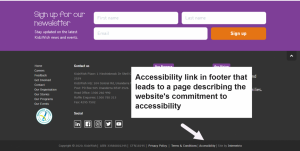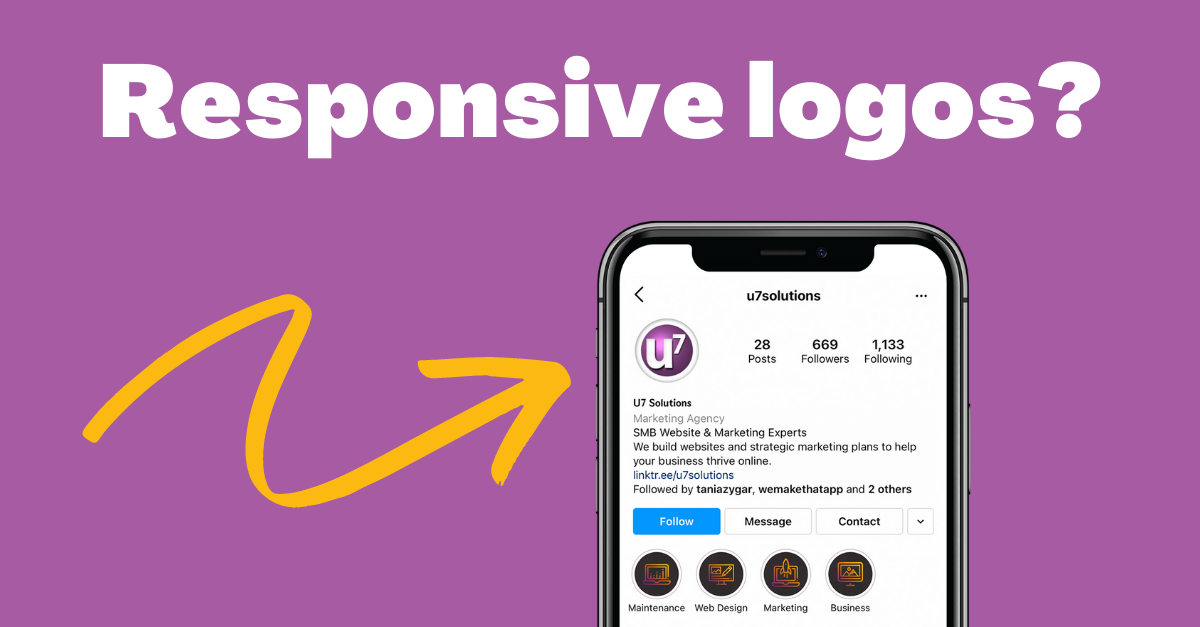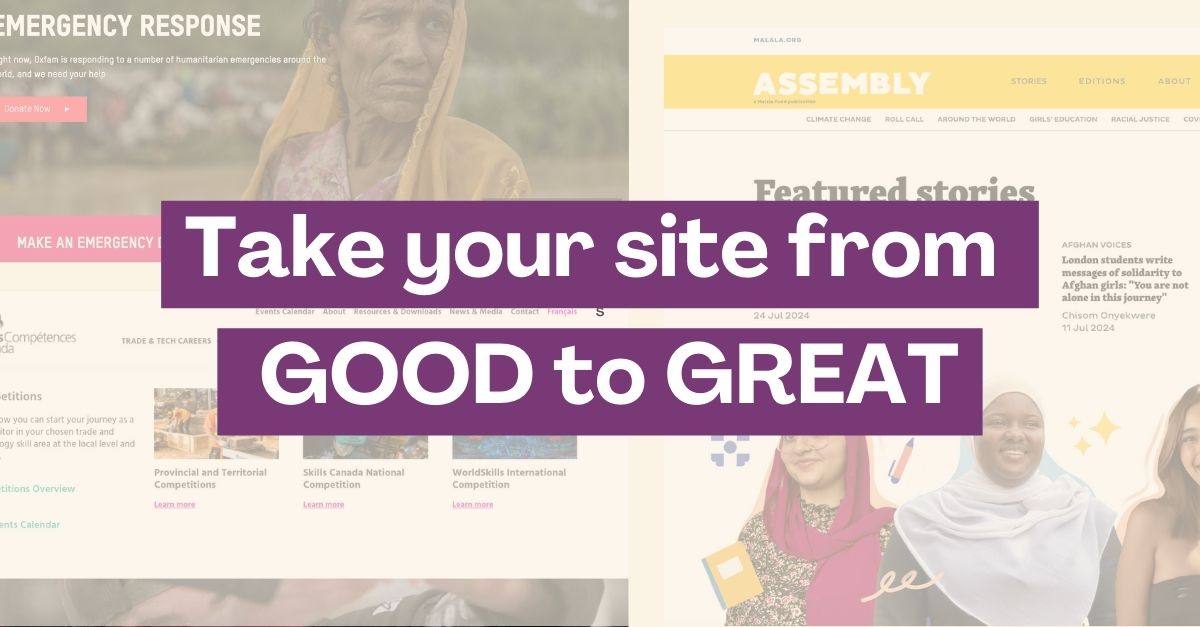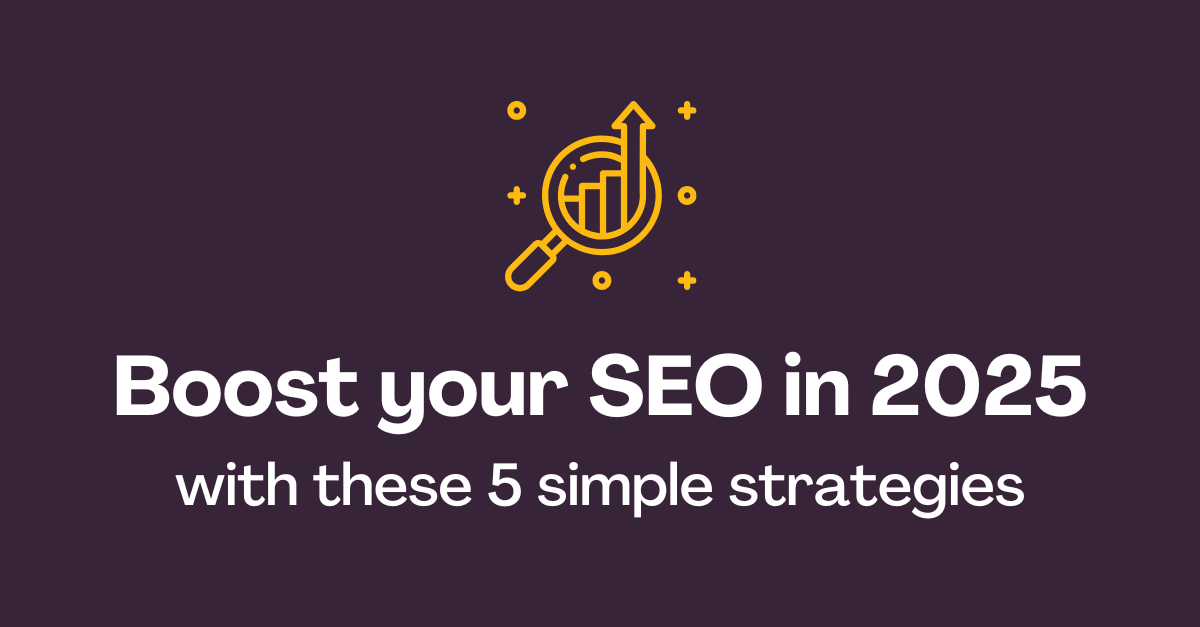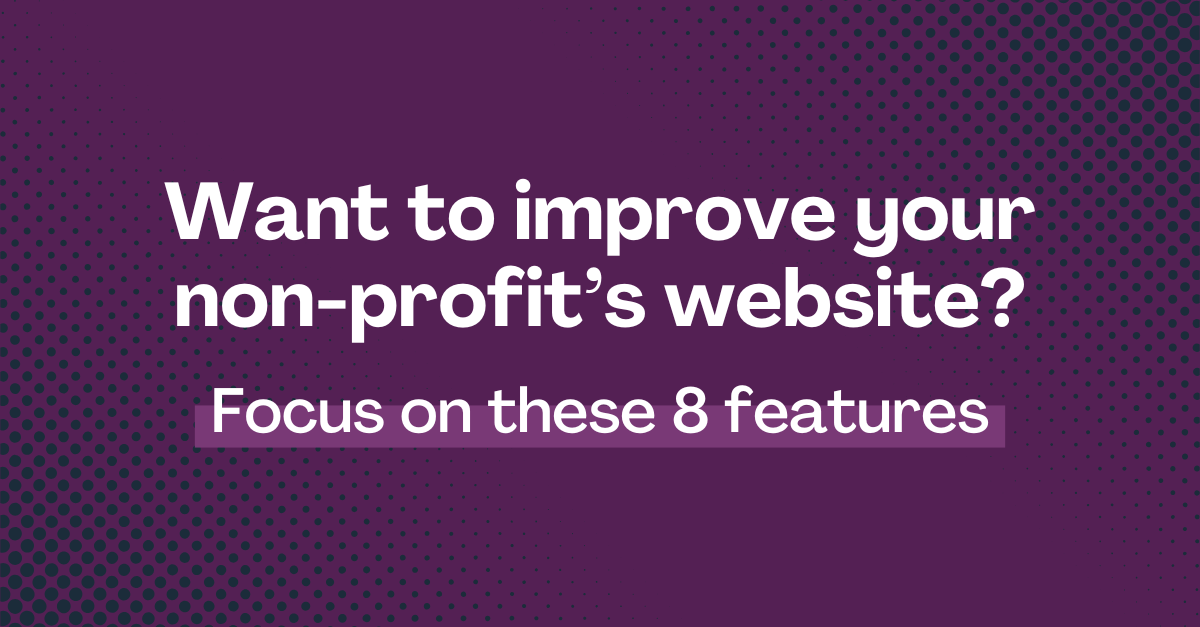"*" indicates required fields
5 Reasons why you should make your website accessible
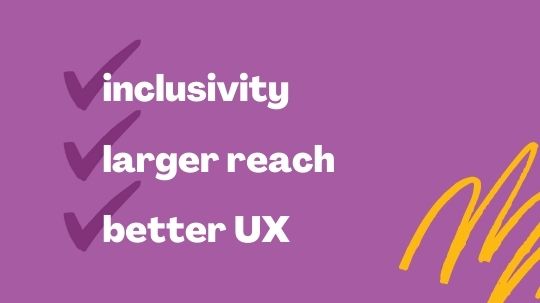
We use the web for pretty much everything nowadays : banking, education, work, entertainment, shopping, and more. If you don’t have access to the web, you don’t have access to many essential resources and services.
This is why now, more than ever, web accessibility has become essential.
Accessible websites not only help people with disabilities participate more actively online, but businesses also benefit from owning an accessible website.
The following five reasons highlight the importance of why you should ensure that your website is accessible:
1. Promote inclusivity
In order to provide equal access and opportunity to people with disabilities, the Web should be fully accessible. The UN Convention on the Rights of Persons with Disabilities recognizes access to information and communications technologies, including the Web, as a basic human right.
Creating online content that is easily accessible allows users of all backgrounds and regions to communicate and engage with individuals and businesses alike on the Web, thus promoting an inclusive environment.
As part of your commitment to promoting inclusivity in your organization, you can proudly feature your accessibility pledge in your website’s footer or about section (like this KidsWish website did), explaining that you’re compliant with your country or international standards.
2. Reach a larger audience
By making your website accessible, you can tap into a larger target audience and potentially increase sales by reaching out to the 22% of Canadians who have a disability.
The Business Case for Accessibility found that in Canada alone, persons with disabilities control an estimated $25 billion in consumer spending.
If your website is not accessible, you are missing out on an extremely large group of potential customers.
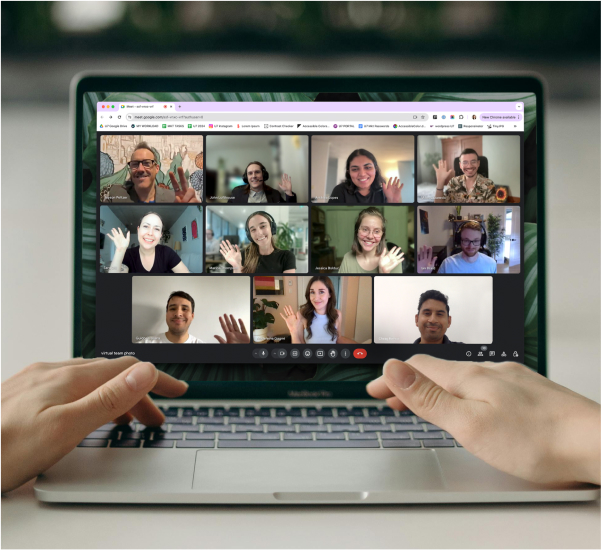
Boost your online presence with our help
- Web design and development
- SEO and PPC
- Social media strategy
- AI technology
3. Comply to web accessibility laws and avoid hefty fines
Accessibility standards for websites are mandatory for many organizations in Ontario.
Those who do not comply with the various regulations that fall under the Web Content Accessibility Guidelines (WCAG) 2.0 can face substantial fines.
The purpose of these guidelines is to make the internet accessible for everyone, including those with visual or hearing impairments.
By January 21, 20121, companies with 50+ employees are required to make all web content accessible, meeting WCAG 2.0 Level AA standards.
Read more on how to ensure your web presence meets WCAG 2.0, Level A standards.
4. Enhance your website’s user experience and design
A huge benefit of having an accessible website is simultaneously having a clean, well organized, and good-looking website.
Some WCAG guidelines require websites to maintain certain standards regarding navigation, layout, and colour scheme.
Here are two examples of design standards for accessible websites:
Contrast ratio
In order to ensure text is legible throughout your website, you will want to make sure there is substantial contrast between images and text.

Responsive web design
Responsive websites are accessible across various platforms. If your website is not responsive, it may look odd on different platforms, so having unique designs for each platform ensures consistent, clean, and accessible design.
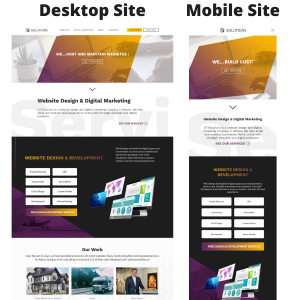
Although these enhancements are meant to assist users with disabilities to better navigate webpage content, they also enhance user experience and design for all users by allowing for easy and clear navigation.
5. Enhance your website’s SEO
Accessible websites are not only more accessible to users, but they are also more accessible to search engines.
Search engines LOVE accessible websites because they are organized and structured. They rely on structure and functionality to determine the relevance of content on a site, and adopting accessible practices will enhance these aspects on your own website.
This can be done in a variety of ways, such as:
1. Adding ALT text to images
2. Optimizing web pages with descriptive metadata
3. Close captioned videos
Read more about the different ways you can enhance your website’s SEO through Web accessibility.
There are many benefits to having an accessible website, and these benefits impact both the users who engage with your website, and you as a business owner.
Website accessibility creates a more inclusive environment on the web, while allowing you to enhance your own website in order to reach business goals.
Is your website accessible? Do you know how to check if your website is accessible? Are you unsure where to start?
Read more on our website accessibility services and speak to one of our experts today.
Let's chat about your goals
OR tell us more about you
Swipe up for expert help!
